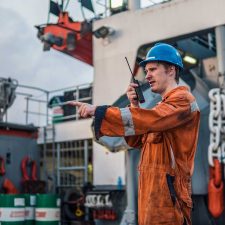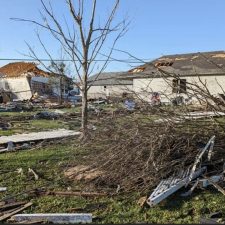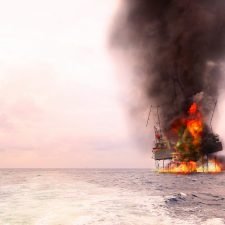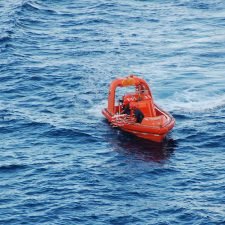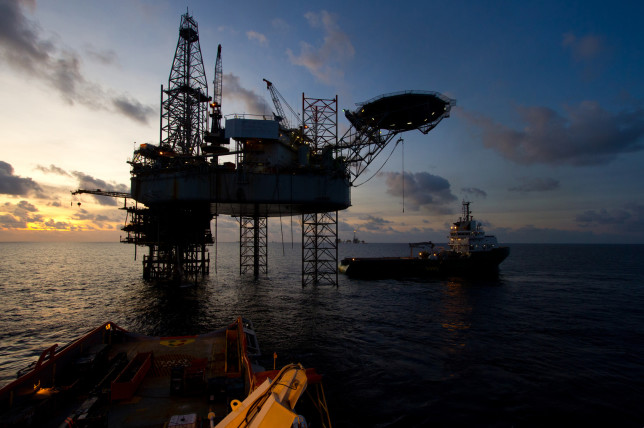
Earlier this year, the Obama administration proposed offshore safety rules designed to afford greater protection to oil and gas workers. The rules were put together in response to the Deepwater Horizon explosion in 2010.
The goal of the new rules was to establish requirements and maintenance schedules for the components used in offshore oil and gas operations, specifically focusing on blowout preventers (BOPs), and to allow for real-time monitoring of offshore well conditions.
When the rules were first proposed, little opposition was expected. Although the offshore drilling industry has not necessarily opposed the rules, they have expressed concerns with the effects that the changes will have on business.
Proposed Offshore Safety Rules Raise Concern for Offshore Drillers
The International Association of Drilling Contractors and several other industry groups sent a joint letter to the Bureau of Safety and Environmental Enforcement (BSEE) in response to the proposed offshore safety rules. The industry groups are concerned that, while the goal of the regulations is appropriate, the cost of complying is too high.
The drilling industry raised three primary concerns: (1) the inspection and equipment requirements will have a negative impact on operations; (2) the difference between these new U.S. standards and the less stringent intentional standards will have damage the market for domestic companies; and (3) the regulations do not account for the costs of compliance with the regulations.
The drilling industry remains optimistic that the BSEE will amend the proposed offshore safety rules to strike a fairer balance:
“[W]e are confident that as BSEE and other key stakeholders come to recognize soon the shortcomings in the current proposed regulation, they will work urgently and collaboratively with the industry to rectify them.”
A compromise that strikes a balance between the government’s goals and the business realities of the drilling industry would be ideal.
However, for the sake of offshore workers who put their lives on the line on a daily basis, one can only hope that the final regulations will not lose sight of the need to put worker safety first.
Call a New Orleans Maritime Lawyer
If you or a loved one has been injured while working in offshore oil and gas operations, call a New Orleans maritime lawyer today. The Mahone firm is here to help. Call (504) 564-7342 for a free case evaluation with a Louisiana personal injury attorney so you can figure out your options.

